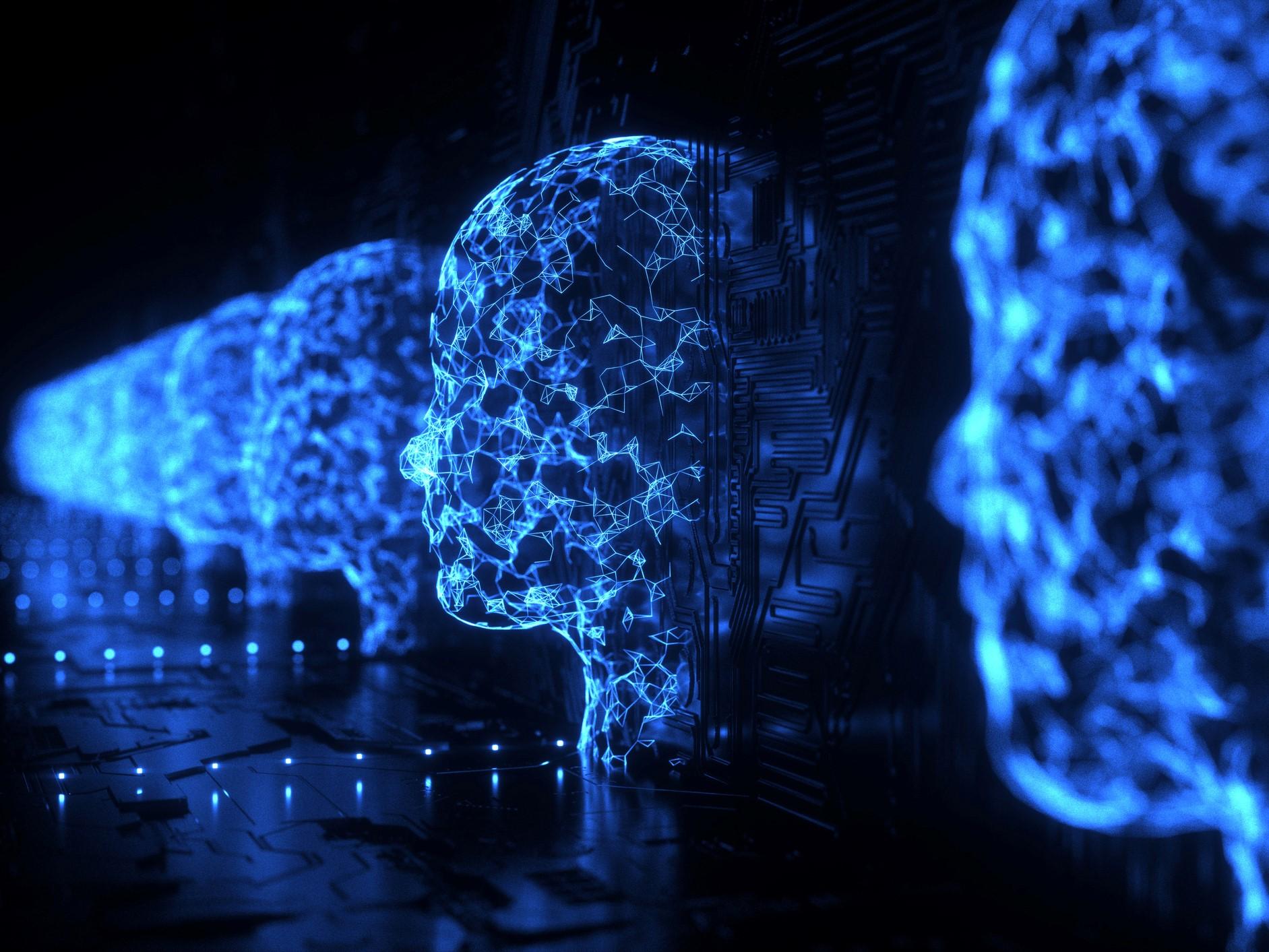China’s Baidu dethrones Google to take AI language crown
Artificial intelligence competition previously dominated by US tech giants

Chinese technology giant Baidu has overtaken Google and Microsoft in an artificial intelligence competition designed to test how well a machine can understand human language.
Baidu, which is often referred to as China‘s Google, achieved the highest ever score in the General Language Understanding Evaluation (Glue) – widely considered to be the benchmark for AI language understanding.
The firm’s Ernie (Enhanced Representation through kNowledge IntEgration) model became the first to score above 90 on the test, topping a leaderboard dominated by US tech firms and universities.
The feat also makes it one of only 10 AI systems to surpass the average human score of 87.1 on the GLUE benchmark.
Ernie used a similar method to Google’s Bert (Bidirectional Encoder Representations from Transformers) model, which transformed natural-language understanding for AI when it was created last year.
Both Bert and Ernie – named after Sesame Street characters – interpret meaning by examining the words that appear both before and after a word in a sentence in order to fully establish context.
By first developing the Ernie model using the Chinese language and then using it for English words, Baidu researchers realised it made the algorithm even stronger at understanding English.
"When we first started this work, we were thinking specifically about certain characteristics of the Chinese language. But we quickly discovered that it was applicable beyond that," Hao Tian, chief architect of Baidu Research, told MIT Technology Review, who first reported on the research.
Baidu is already using the model to improve results for its search engine and make its AI assistant Xiao Du more accurate.
A paper detailing how Ernie was trained for the language test will be presented at the Association for the Advancement of Artificial Intelligence conference next year.
Join our commenting forum
Join thought-provoking conversations, follow other Independent readers and see their replies
Comments
Bookmark popover
Removed from bookmarks